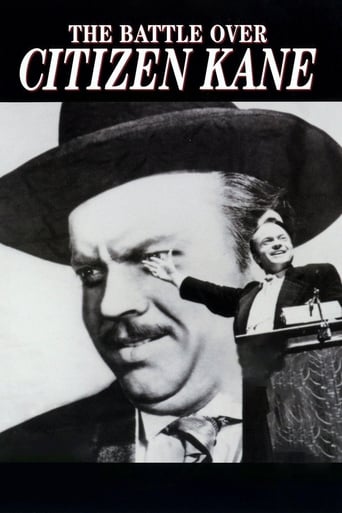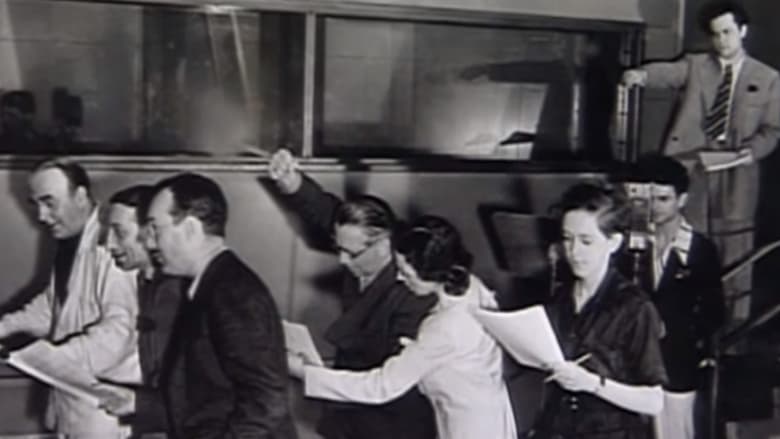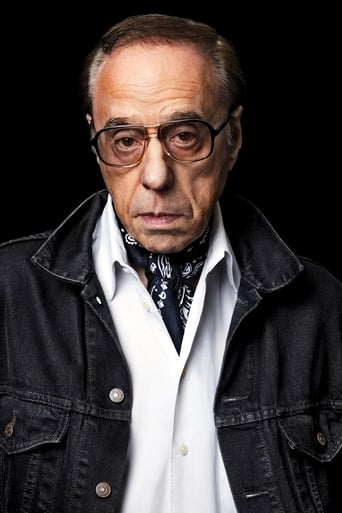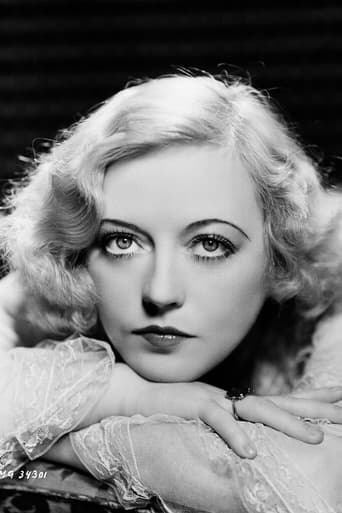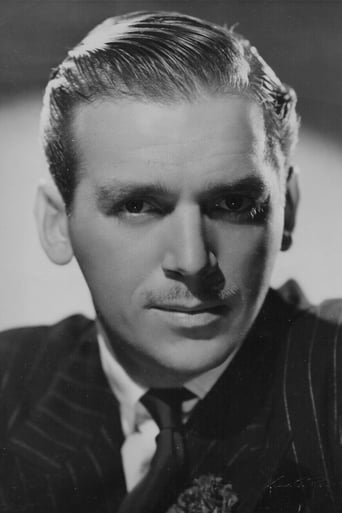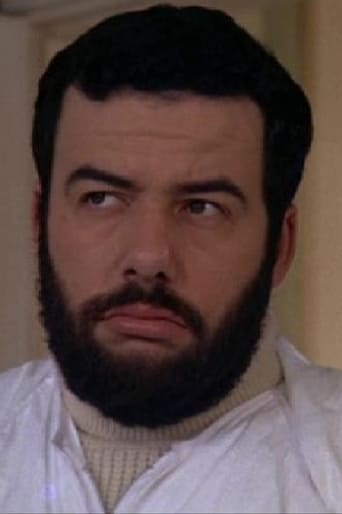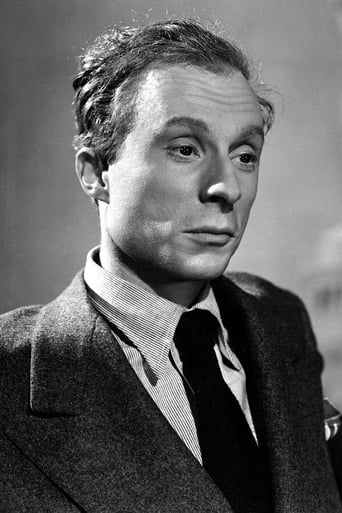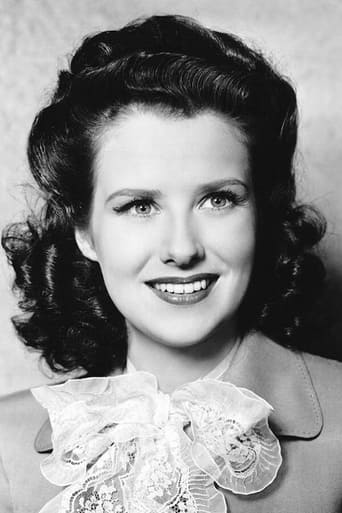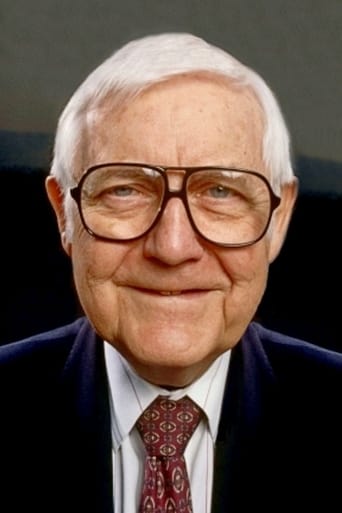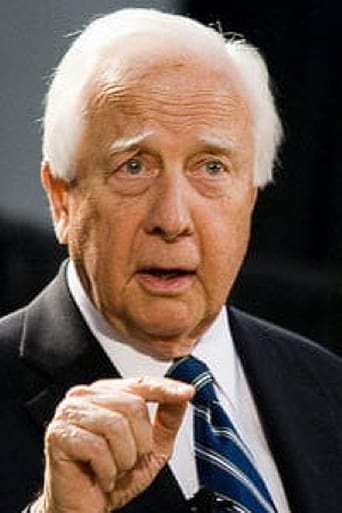Documentary about the battle between Orson Welles and William Randolph Hearst over Welles' Citizen Kane (1941). Features interviews with Welles' and Hearst's co-workers also acts as a relatively complete biograph of Hearst's career.


Similar titles
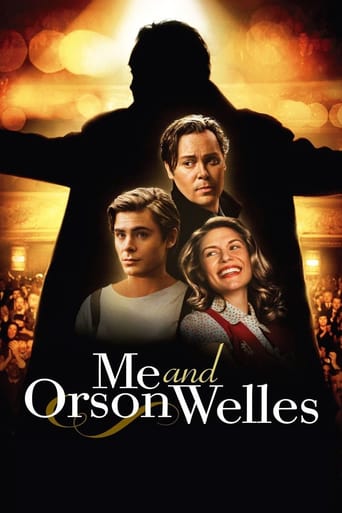
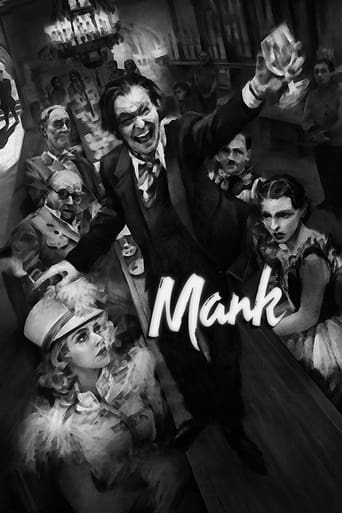
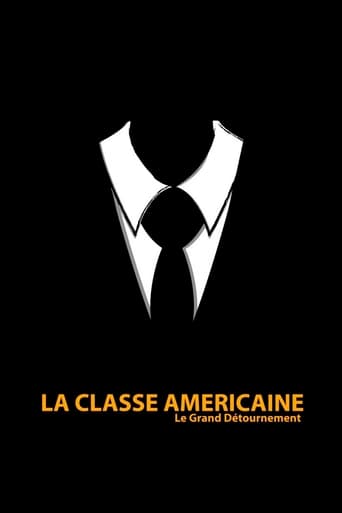
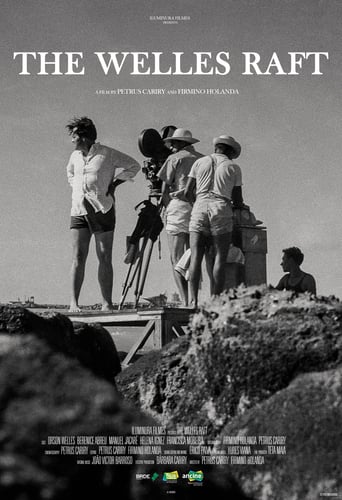
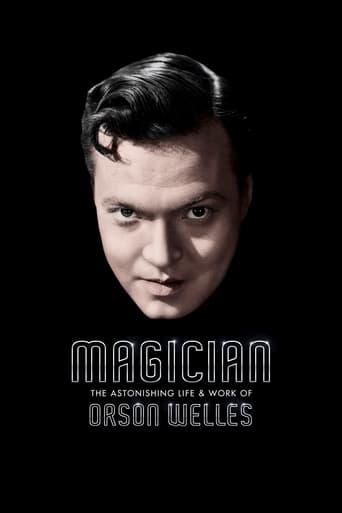
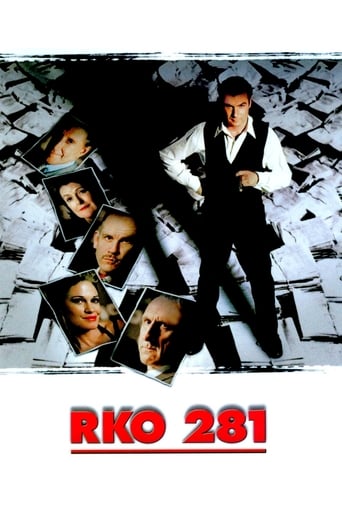
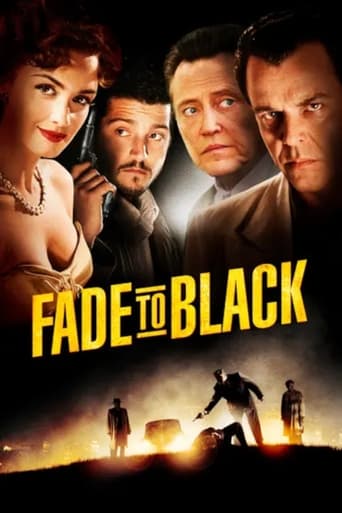
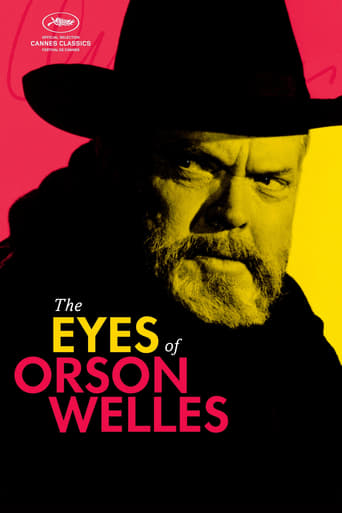
Reviews
Both William Randolph Hearst and his nemesis, Orson Welles, wind up as tragic figures. This is a PBS presentation, an episode in "The American Experience," which in his later years Hearst would have abhorred.It's paid for by taxes, and Hearst is seen coming up with a very modernistic rant about Roosevelt and HIS tax program -- "impudent...and, yes, revolutionary." You can read the same uncrafted expressions of anger on today's newsboards, like Newsvine.Both men were ahead of their time. Hearst, beginning as a benign humanist, turns out to be Scrooge once he gets terribly rich. (His estate at San Simeon is half the size of Rhode Island.) Those baby boomers, once revolutionaries who tried levitating the Pentagon during the Vietnam years, now tearing their remaining hairs out over the national debt, must know exactly the trajectory of Hearst's evolution from iconoclast to skinflint.Welles doesn't fare much better. He's always lunging ahead, against the odds. Sometimes he wins -- that "War of the Worlds" broadcast, which was very good indeed. And sometimes he loses. In his later life he did nothing BUT lose.An obese Welles died at 69. Hearst lived well into his 80s. Rockefeller lived into his 90s. It may be true, as F. Scott Fitzgerald said, "The very rich are different from you and me." Fitzgerald died in his 40s in a modest Los Angeles apartment.
There must still be relatives of William Randolph Hearst around who had something to do with this polished piece of junk. That this "documentary" was included as part of Warner's DVD of Citizen Kane is a disgrace, and a disservice (to say the least) to Welles. The whole tone of this film is anti-Welles, and, if not pro-Hearst, at least fairer to him than to Welles. It seems that every time an image of Welles appears on screen dark and sinister music underscores it, and the narration becomes ominous and insinuating, but when Hearst is shown happy, upbeat music is the rule. Welles is made out to be an arrogant, sometimes violent man, and no opportunity is missed to tell some denigrating anecdote about his appetites and ego. Hearst is treated far more gently, even though he was by far the more dangerous and destructive of the two men. Factual errors abound in this silly film; such as the totally inaccurate notion that Hearst was successful in ruining Welles, if not Citizen Kane. The sad truth is that Welles largely was his own worst enemy, abandoning projects like The Magnificent Ambersons before it had been completed. If Hearst was so successful in defeating Welles, why was it that the film was nominated for nine Academy Awards? That it "only" won one is cited as proof that Hearst had destroyed the picture AND Welles. Rubbish.
In the middle of the landmark masterpiece film "Citizen Kane", Leland (Joseph Cotton) criticizes Kane (Orson Welles) about his out-dated political views after Kane has lost an election. Leland states that Kane views himself as a kind of benevolent monarch that has the power to bestow rights on the "working man". Leland furthers his argument to say that Kane ultimately thinks he owns "the people". Leland concludes that "the people" will demand their rights removed from any "gifts" of moneyed magnates. The essence of this scene in "Kane" is what "The Battle for Citizen Kane" is all about. Here, possibly for the first time, politics is critiqued by "entertainment". Welles dared to portray in an unfavorable light one of the most powerful men in the US at that time: William Randolf Hearst.Sometimes truth is stranger than fiction. The truth of Citizen Kane, as hypothesized by "The Battle for Citizen Kane" is that Charles Foster Kane, the "protagonist" of Welles' movie, was not purely William Randolf Hearst. He had a little of Orson Welles in him. Whether intentional or purely coincidental, the character portrayed by Welles was much more rooted in Welles own biography than most people realize, and the end of his life was strangely predicted by the movie. This film is about the two men that gave birth to the film character "Charles Foster Kane". It is also one of the best commentaries on the movie industry of the early 20th century.The movie "Citizen Kane" was not only one of the earliest examples where the entertainment industry made a caustic criticism of politics. It also makes commentary on the entertainment industry itself. Often the general public sees the entertainment industry as just that: an industry presenting escapist material for consumption during leisure hours. What the public doesn't see is how intertwined the entertainment industry is with politics, and how the industry often resists making critiques of politicians when it might jeopardize its own self-interests. This documentary centers around how a movie made in 1940 challenged a living political tycoon. "Citizen Kane" was and still is one of only a handful of narrative feature films that dared to portray a living political force. A couple of others that come to mind are "All the President's Men" (made after Nixon and his top advisers had lost their power) and recently "The Queen", concerning Queen Elizabeth II, still the current monarch of England.Hearst was a 19th-century newspaper magnate who resisted the progressive values of the early 20th century that began to object to the monopolized power of corporate magnates. Hearst began using his newspaper for political means and began blurring entertainment and news almost a century before Fox News appeared on cable television. Thousands of people made Hearst newspapers function, and millions of readers depended upon Hearst and his publications for honest reporting, and Hearst depended upon those readers to maintain his business. However, Hearst categorically discredited these kinds of realities. The newspapers were ultimately his and his alone, a very 19th-century view of business. And he could use and abuse his newspaper to propagate any agenda he wished. For Hearst, the fact that the public paid for his newspapers, and therefore paid for his livelihood, was irrelevant. For a young filmmaker just given "carte Blanche" in Hollywood, Hearst was the perfect subject-matter for a film project that would depict the American dream gone corrupt. Orson Welles was possibly the first director that had the backing of a major Hollywood studio to not only portray but critique the motives and integrity of a living political magnate through the means of cinema.As great a filmmaker as Welles turned out to be, he was too young and inexperienced to understand the power of political and moneyed magnates. Welles was not just playing with dynamite-- he was playing with nuclear weapons. Welles was certainly naive if he thought Hearst was going to take such abuse without fighting back. Hearst did not just fight back, he declared war. The documentary chronicles that war, from the copy of the script that is secretly obtained by a Hearst insider to Hearst's threats to boycott the studios' movie ads. The documentary has it all. It includes superb biographies of both men chronicling the time before their lives dramatically and traumatically intersected. One other unique aspect of the documentary is its use of the film "Citizen Kane" to show aspects of the character Kane that belonged to Hearst and alternate aspects that belonged to Welles.It appears fitting that the only two figures that could match a fictional character like Charles Foster Kane would be William Randolf Hearst and Orson Welles. Ironically, Welles and Hearst created Kane, and Kane changed Welles and Hearst forever after like no other single character in cinematic history. Kane became the Frankenstein's monster that ended up outdoing its creators. Cinema buffs will largely see Hearst as Kane portrayed by Welles--from the young newspaper owner/editor trying to establish a reputation for quality journalism to the corrupt media magnate using his newspapers to push his second wife into entertainment stardom. And Welles would never live down Kane as his first, best and greatest achievement in the entertainment industry. Some in the industry joked that Welles was the biggest has-been in Hollywood at the ripe-old-age of 26 after the completion of "Kane". Welles would certainly make contributions to the field after Kane, but he would never top it, as predicted by a veteran Hollywood journalist at the time. The "Battle for Citizen Kane" portrays one of the strangest triangle of characters ever assembled. And as the film points out, the movie "Citizen Kane" is the one "character" that appears to have had and continues to have a happy ending.
Here is a special kind of documentary. It's surprising that it got nominated for an Oscar for best documentary, as it is from what I've seen in the DVD as being a made-for-TV affair (provided by annual financial support from "Viewers like you"). But on those standards it's one of the best from the 90's. Here is a study, not too long and not too short, about not only the history behind the feud that ensued between William Randolph Hearst and Orson Welles, but really about the two men themselves and how the best thing to come out of it all was the film. As it stands with history in present times, the real facts are interesting enough, yet is more for a selective audience who'll take the time to read books on the subject(s) or watch the documentaries. And if a fictional narrative on celluloid comes out, that may (or may not) become a basis for how that history is seen in the following generations who've never heard of the real stories. Citizen Kane is not a down-to-the-line biographical take on Hearst's jump to fame and his descent into his 'kingdom' of sorts, and it shouldn't have been (although, and this documentary confirms it, certain explicit details were taken from Hearst's life, which even Welles in interviews considers "dirty tricks").So like all good PBS-style documentaries, the filmmakers aren't content with merely showing the making of Kane and the battle over it (there's the dramatization- RKO 281- for that). It goes into the details of the two subjects lives, and an almost compare/contrast format of their claims to fame and power, however gargantuan &/or precious it was. Hearst grew up in what one of the interviewees calls a "19th century mind-set", where what he had was all his, no matter how he got it. It's of true fascination for someone from the end of the 20th century into the 21st century to see the brilliance behind the hubris; Hearst did in fact create the first sort of magazine that today is considered like an Enquirer or a Star magazine, only juicier and fresher to a sensitized audience. He creates an empire, tries to run for Government and fails, and then focuses all of his attentions on Marion Davies, a comic actress whom he nearly moved buildings for.His story is inter-cut wonderfully with Orson Welles's rise to fame. Anyone who knows just a little about Welles knows the hallmark War of the Worlds broadcast which, coincidentally like Hearst, capitalized on the public's pre-World War judgments. But un-like Hearst, who was painted as courteous, but also domineering and God-like (and Welles could be both of those things), Welles's control could get fierce, and difficult, but always for the results on stage or on the radio. Welles came almost 'out of nowhere', and says himself that he rarely heard a discouraging word. That is, until he reached New York, where he became one of the first celebrities to get a hotbed of controversy laid on his daring in entertainment and off. He revolutionized the theater (Macbeth and King Lear are mentioned, but wisely also the reverse power of the flops for Welles), and then radio, and got the most delicious film contract since Charlie Chaplin. When he hooked up with writer and Hearst's San Simian frequenter Herman Manciewicz, the ball got rolling on his first Hollywood picture.For some, this is where the real interest may kick in (likely more for film buffs than regular history aficionados), as Hearst threatened everything but a gun to the studio's executives to squash the film that alluded to so much about his personal life (one doesn't even need to mention 'Rosebud'). Although this part of the film seems to go by a little faster than the bulk of the film, it's of not flaw. Because of the time spent analyzing these two unique mavericks in their fields, one can see almost why this had to happen. It was just as personal and important for Hearst to create his empire as it was for Welles to make his film. There were, of course, many things that were Welles, not Hearst, in the picture, and that adds to its appeal. The film is also excellent as it doesn't shy from pointing out as much as what went wrong as went right; Welles's career would never be the same after that film, and Hearst was already on his way down after the battle was over (one person remarked to Welles after the movie opened up "quit now, quite while you're ahead). It should prove a great viewing for 'Kane' and Welles fans, and those who have not much an interest in him may still have that PBS doc bug going for the Hearst parts of the story.
